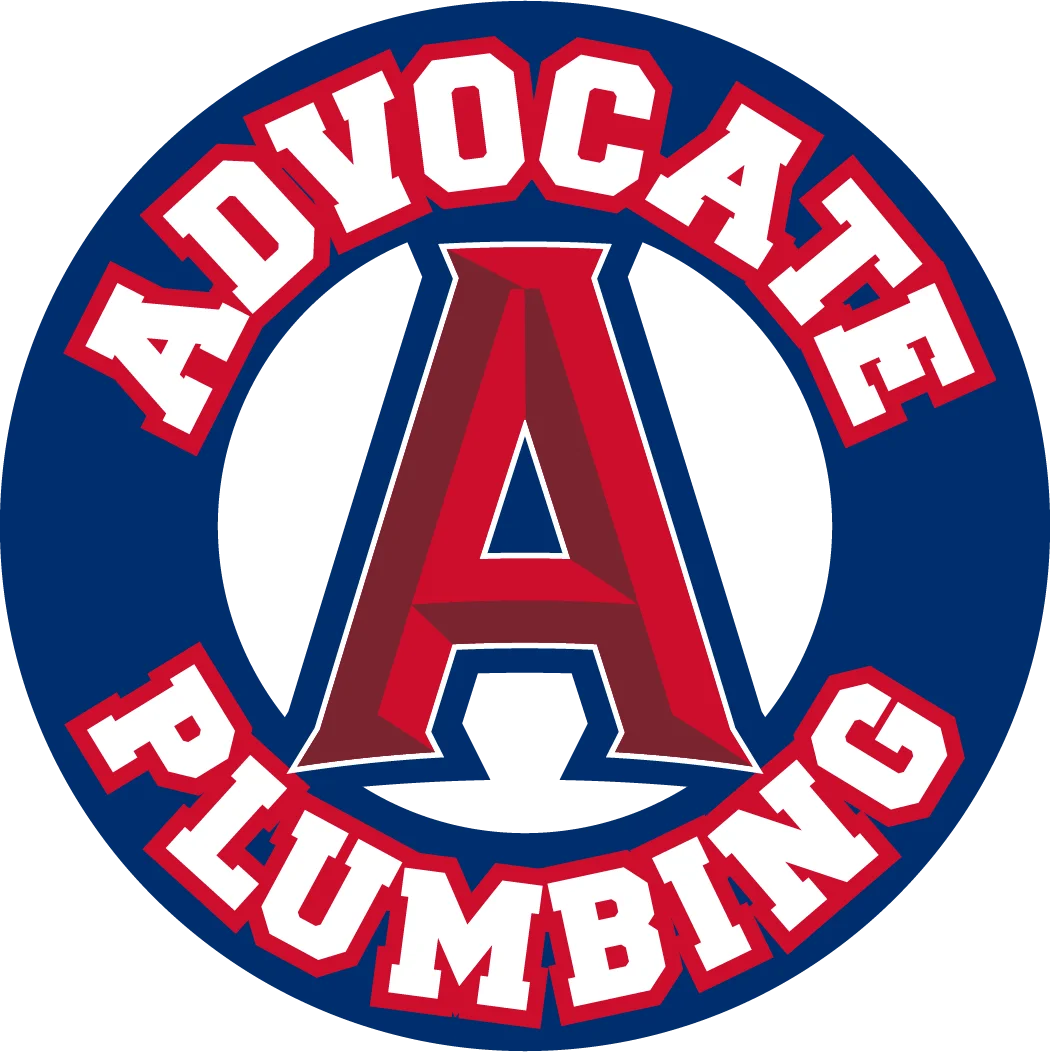Serving Hamilton County & Surrounding Areas
Seasonal Plumbing Maintenance Checklist for Hamilton County Residences
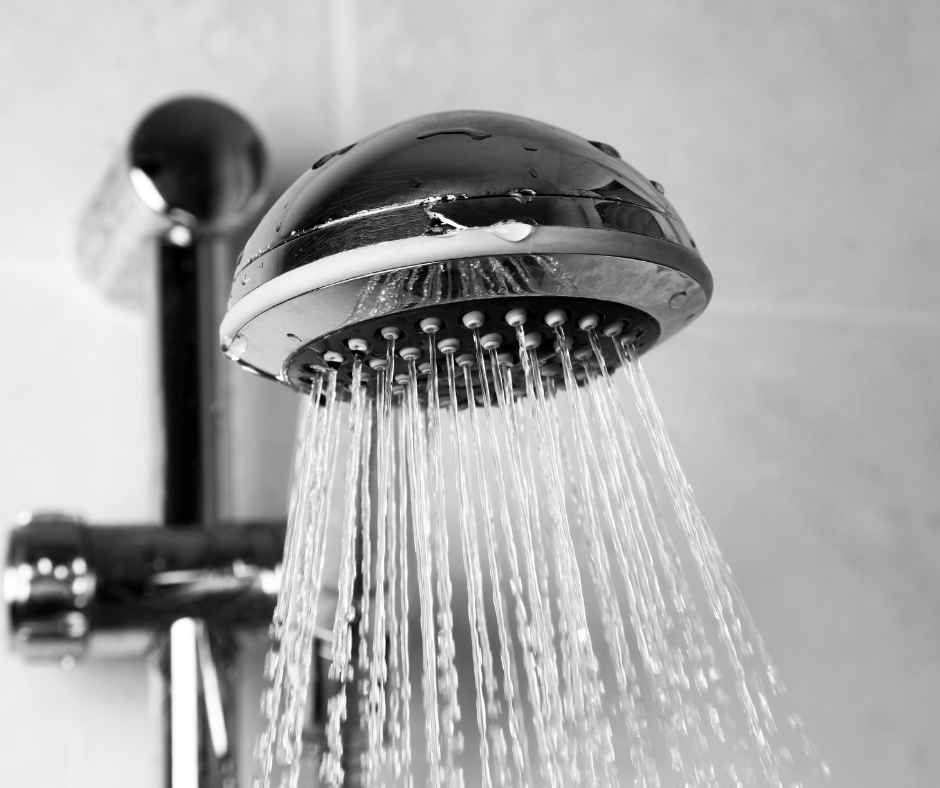
Hamilton County homeowners know that with each changing season, new responsibilities crop up to keep a household running smoothly. Among the most important and often overlooked are seasonal plumbing tasks. Your plumbing system is one of your home’s most vital, yet most vulnerable, systems. It works hard behind the scenes and is constantly affected by changes in temperature, water demand, and weather conditions. Unfortunately, if it’s not maintained throughout the year, you may find yourself facing frozen pipes in winter, sump pump failures in spring, or clogs and leaks during the summer. But the good news is that with the right plan in place, most of these issues can be prevented.
In this blog, we’ll walk you through the importance of seasonal plumbing maintenance, what signs to look out for, and what homeowners can do at each point in the year to keep their plumbing running smoothly. We’ll also help you identify when it’s time to call in a professional, because sometimes even the handiest homeowner needs a little backup.
Why Seasonal Plumbing Maintenance Matters
Your plumbing system isn’t static; it’s constantly responding to the environment around it. Seasonal changes in Hamilton County can put varying amounts of pressure on your pipes, fixtures, and appliances. For example, winter’s freezing temperatures can cause water in the pipes to expand, potentially leading to bursts. In spring, sudden thaws and heavy rain can overwhelm sump pumps or reveal leaks that went unnoticed during the colder months. By summer, rising demand on water systems, especially if you have irrigation, increased laundry, or visiting guests, can strain your plumbing. In the fall, leaves and debris can clog drains or lead to backflow near outdoor fixtures.
Ignoring seasonal changes doesn’t just lead to minor inconvenience. Plumbing failures often result in water damage, mold, loss of water access, and expensive emergency repairs. Performing seasonal maintenance helps you avoid those scenarios while extending the life of your plumbing infrastructure. It’s a small effort that pays off all year long.
Key Signs of Plumbing Stress
Common Signs
You don’t have to wait for a burst pipe or flooded basement to realize something’s wrong. There are warning signs that your plumbing system may be under stress, and many of them are tied to the time of year.
In winter, you might notice rattling noises in your walls or ceilings as water struggles to flow through constricted or partially frozen pipes. When spring rolls around, that same system might suddenly show signs of leakage as ice melts and cracks expand. Summer water pressure problems could be the result of increased usage or hidden line damage. And in the fall, slow-draining outdoor areas could point to clogged yard drains filled with seasonal debris.
Other signs to watch for include unexpected spikes in your water bill, the sound of running water when no taps are open, discolored water, or a musty smell that suggests mold or mildew caused by hidden leaks.
Causes/Why It Happens
These seasonal issues often stem from environmental triggers. Winter’s freeze-thaw cycles are notorious for causing pipes to contract and expand, which can lead to small cracks or full-blown bursts. In spring, the weight of waterlogged soil can shift underground plumbing. Summer’s heat often coincides with higher household demand on water systems, which exposes aging or fragile components. In the fall, falling leaves and changing ground moisture levels can impact outdoor drainage systems and tree roots may begin invading underground sewer lines.
Season-by-Season Plumbing Checklist
Winter
As winter approaches, protecting your pipes from freezing is priority number one. Start by insulating exposed pipes, especially those in basements, attics, or crawl spaces. Foam pipe sleeves are affordable and easy to install. Make sure to disconnect and drain garden hoses, and turn off water to outdoor spigots.
Inside the home, check for drafts around plumbing lines, especially near exterior walls. A small draft can lead to a frozen pipe overnight when temperatures drop. If you plan to be away for the holidays, set your thermostat to at least 55°F and open cabinet doors under sinks to allow warm air to circulate.
Don’t forget your water heater. It works harder during colder months, and a quick inspection or professional tune-up can ensure you have reliable hot water all season long.
Spring
Spring is the season of revelation. As the ground thaws and snow melts, any damage that occurred over the winter becomes more obvious. This is the ideal time to look for leaks around pipe joints, hose bibs, or areas where pipes pass through exterior walls.
You should also test your sump pump before spring rainstorms become frequent. Pour water into the pit to ensure the pump activates properly. Check your gutters and downspouts, too, as these systems help direct water away from your foundation, and clogged channels can lead to pooling or basement flooding.
Finally, consider flushing your water heater to remove built-up sediment, which may have accumulated during the colder months.
Summer
While summer doesn’t usually pose as many plumbing risks as other seasons, it does come with increased water usage. If you notice a drop in water pressure, it might be a sign that your pipes are working overtime or that there’s an undetected leak.
Inspect your sprinkler system for leaks or broken heads that could waste water. This is also a great time to check your washing machine hoses for signs of bulging or cracking—especially if your household runs more loads during the summer months. Likewise, examine the garbage disposal, as it may get more use with cookouts and gatherings.
Conserving water during dry periods not only helps your bills, but it can also reduce wear on your plumbing system.
Fall
Fall is the time to prepare your plumbing for the freezing months ahead. Begin by draining and storing garden hoses, and shutting off water to outdoor spigots. Clean out gutters and yard drains so falling leaves don’t clog the system.
This is also the best season to schedule a sewer line inspection. Invasive tree roots often find their way into older pipes and fall is when many homeowners start noticing slow drains or backups as root systems shift.
Don’t forget to check for any cracks or gaps around pipe entry points in the walls or foundation. Sealing these up helps keep cold air out and prevents pipes from freezing once temperatures drop.
Solutions and When to Call a Professional
DIY Solutions
Homeowners can handle many seasonal maintenance tasks on their own. Wrapping exposed pipes, testing the sump pump, cleaning drains with safe, natural cleaners like baking soda and vinegar, or replacing worn washing machine hoses are all manageable chores.
Regularly inspecting under sinks and around appliances for signs of moisture can help you catch issues before they escalate. Even something as simple as listening for odd sounds in your walls or checking your water bill for unexpected spikes can be incredibly telling.
When to Call a Professional
However, not everything is a DIY job. If you discover recurring clogs, low water pressure that doesn’t improve, visible signs of mold or mildew, or water pooling near your foundation, it’s time to call in a professional plumber. Likewise, if your water heater makes rumbling noises or your drains emit foul odors, those are signals that deeper problems may be brewing.
Advocate Plumbing can perform thorough inspections, make necessary repairs, and help you put a preventative maintenance schedule in place.
Maintenance Habits That Prevent Bigger Issues
A few habits practiced consistently throughout the year can make seasonal tasks easier and prevent emergencies. Don’t pour grease or food scraps down the kitchen sink, and avoid flushing wipes or paper towels. Keep an eye on your water bill for irregularities and consider scheduling an annual plumbing inspection to get ahead of any surprises.
Replacing older fixtures and supply lines before they fail, keeping your water heater flushed annually, and sealing pipe penetrations can all help extend the life of your plumbing system and protect your investment.
Protect Your Home Year-Round
Seasonal plumbing maintenance is one of the smartest ways to protect your Hamilton County home. By addressing the most common challenges each season brings, you can avoid emergency calls, water damage, and expensive repairs. Whether you’re insulating pipes for winter or testing your sump pump in spring, these small actions go a long way.
And when a task feels too big to tackle on your own, Advocate Plumbing is here to help. Our team provides trusted, local service and proactive care to keep your home running smoothly through every season.
Contact Advocate Plumbing to schedule your seasonal plumbing inspection or maintenance appointment. We’re proud to serve Hamilton County with honest, dependable service year-round.
Recent Posts
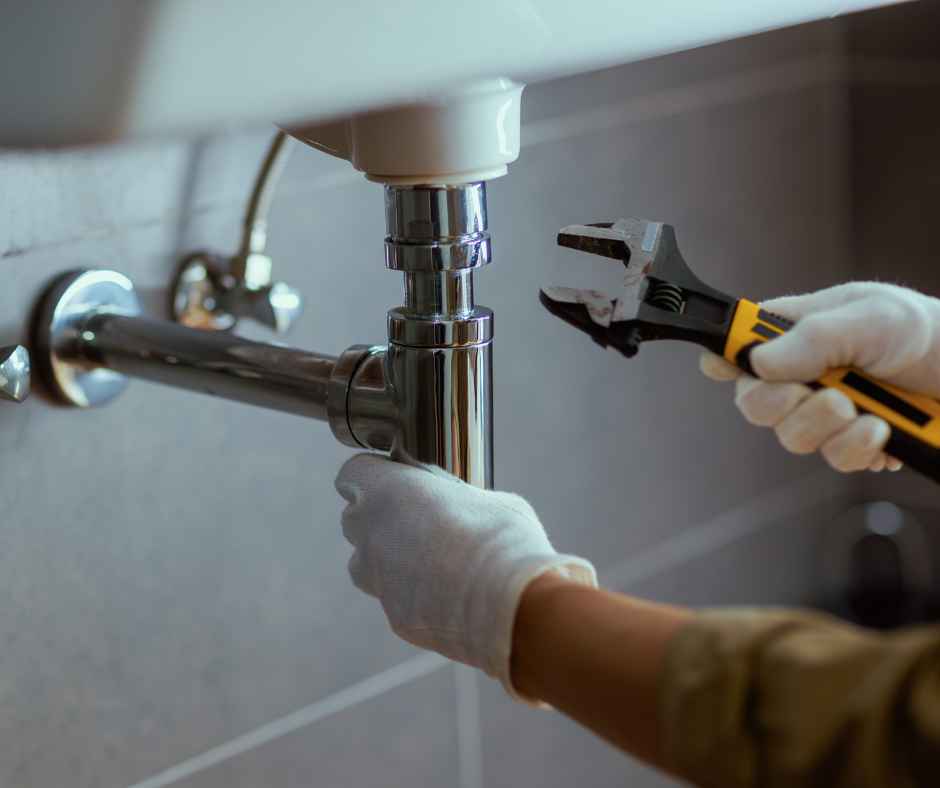
Why Hiring a Licensed Plumber Matters for Your Home’s Safety and Efficiency
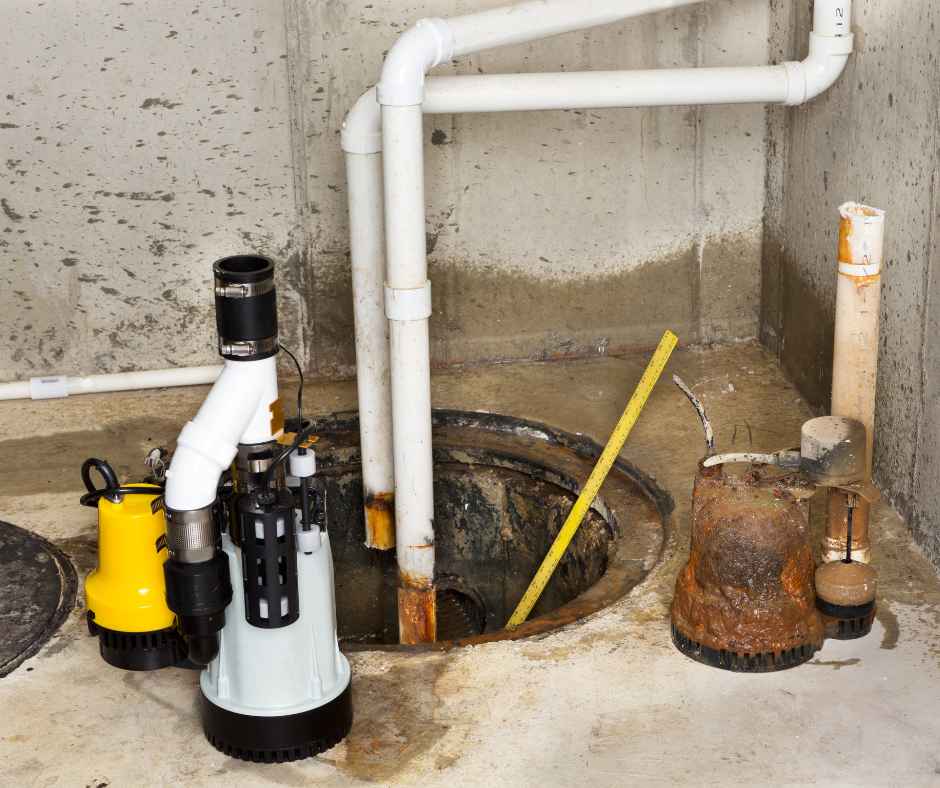
Why Your Sump Pump Needs Regular Maintenance and How to Do It
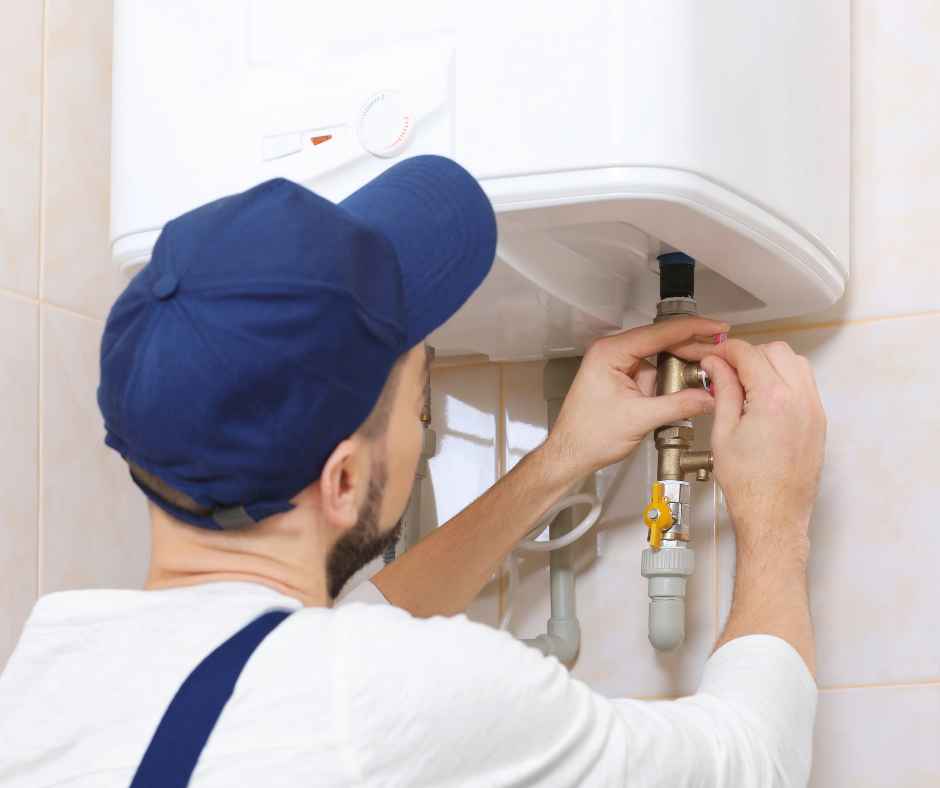
How to Choose the Right Water Heater for Your Home
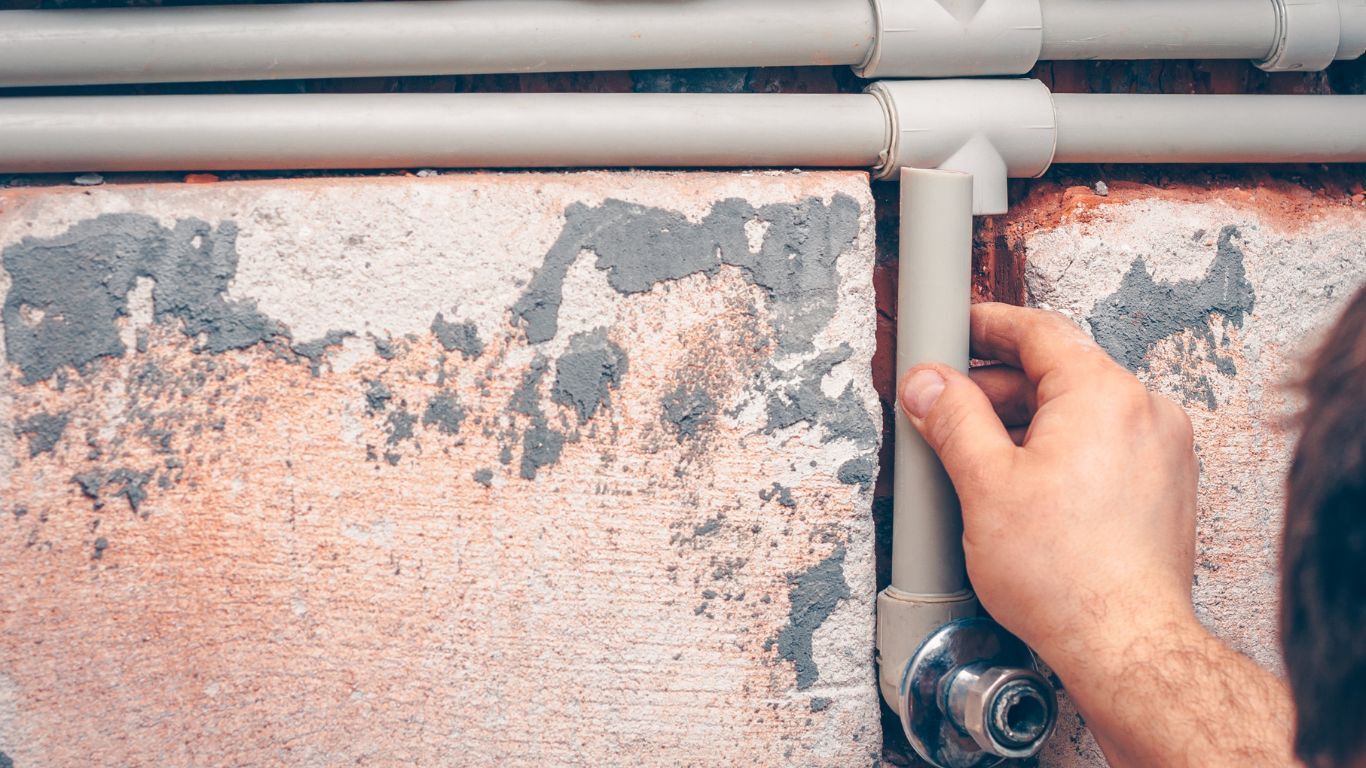
Preventive Plumbing Inspection Guide Every Homeowner Should Follow

Reverse Osmosis vs. Water Softener: Which Is Right for Your Home?
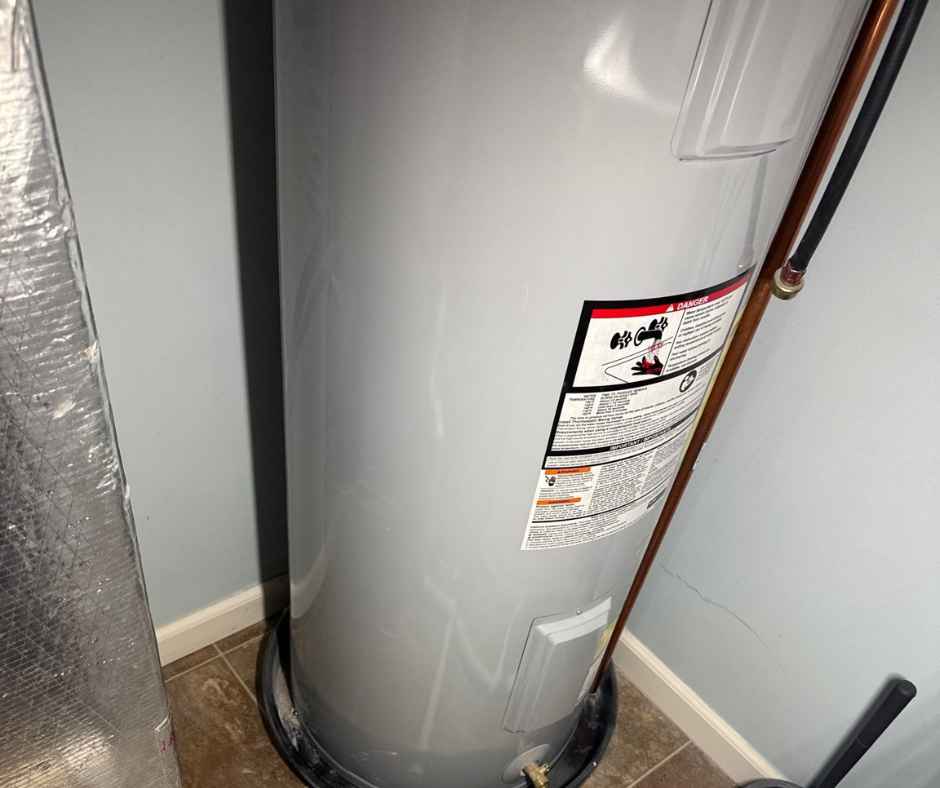
Why Is My Water Heater Beeping?
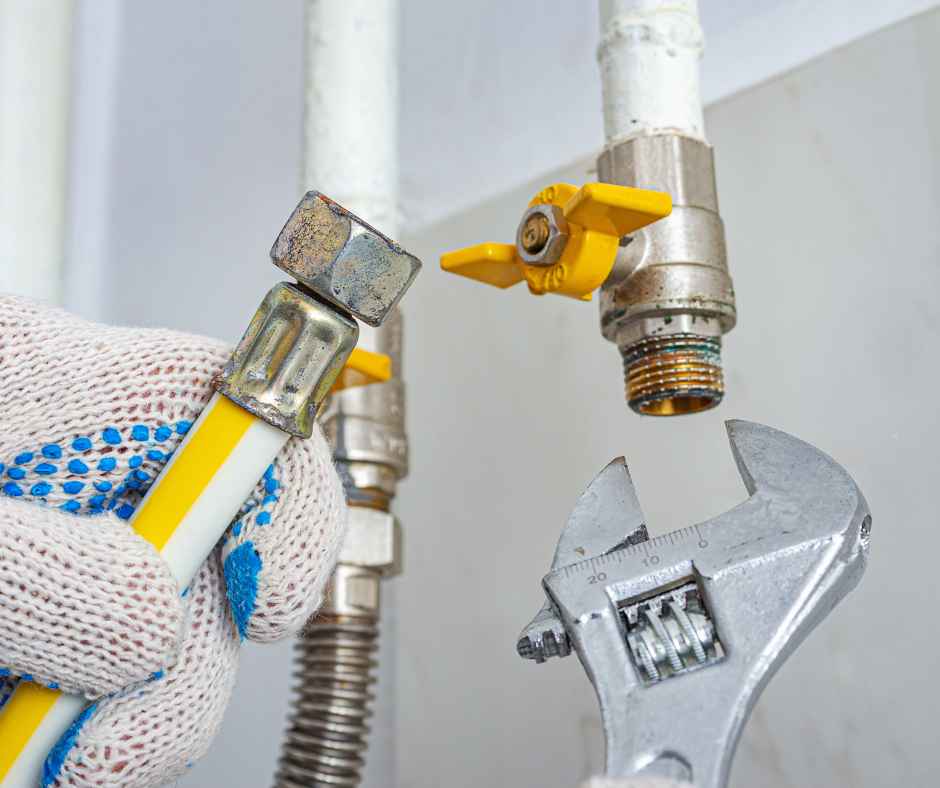
How to Check for a Gas Leak
Get in Touch
